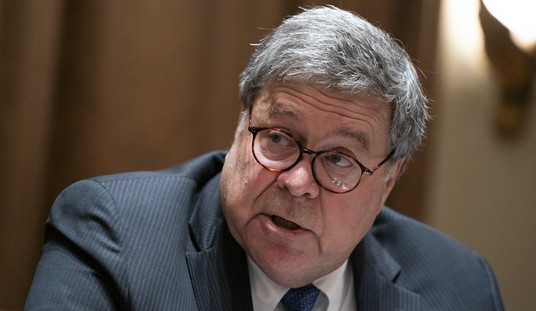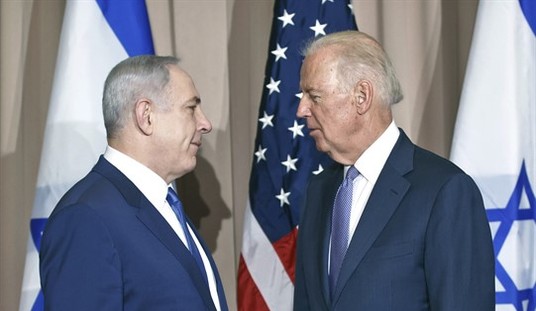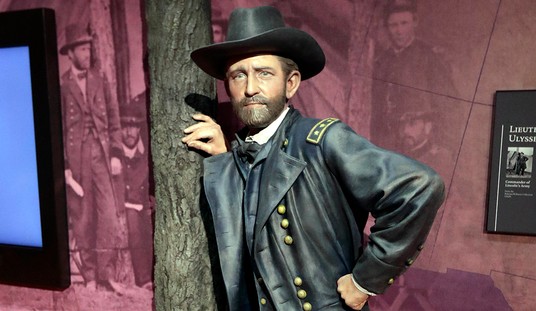We’ve got two years left of this crap, while the president and his appointees are going to constantly redefine the concept of “transforming America.”
The National Labor Relations Board took the unprecedented step of filing complaints against not only McDonald’s franchises for labor violations, but also the parent company, McDonald’s Inc. The franchise agreement explicitly states that McDonald’s, Inc. will have nothing to do with hiring, firing, and supervising franchise restaurant employees. But the NLRB, seeking to boost the employee drive to unionize, targeted the parent company as well as franchises in their complaints.
The complaints allege that the company and its franchisees retaliated against protesters by reducing their hours or firing them. It’s illegal to retaliate against any worker for “concerted activities” to protest workplace conditions, even when no union organizing takes place — which was almost always the case in the fast food protests.
The action, undertaken by the National Labor Relations Board’s general counsel, will be met immediately by a high-spending business campaign to counter it through litigation, lobbying and public relations. The International Franchise Association, the most active Big Business lobby opposing the complaints, has already retained lobbyists at the law firm Akin Gump Strauss Hauer & Feld, including Ed Pagano, a former Senate liaison and deputy assistant to President Barack Obama for legislative affairs and longtime staffer for Democratic Sen. Pat Leahy of Vermont.
NLRB general counsel Richard Griffin, who acts as a sort of prosecutor, may issue legal complaints against any business, including a franchisee. In July Griffin drew considerable consternation from McDonald’s and other franchisors when he determined that the McDonald’s corporation could be named a “joint employer” in such complaints.
Griffin did just that on Friday, alleging in 13 complaints against franchisees around the country that McDonald’s jointly employed workers against whom franchisees unlawfully retaliated for protesting working conditions — chiefly low wages. That’s a first for the NLRB and makes McDonald’s potentially liable, financially, for any back pay that an administrative judge or the NLRB may order, and potentially responsible, legally, for any failure to carry out an order to reinstate an employee. (The NLRB is unable by statute to impose fines or require payment of compensatory or punitive damages.) By questioning McDonald’s Corp.’s contention that it exists entirely separate and apart from its franchisees, Griffin’s actions could eventually set in motion NLRB actions that compel McDonald’s to bargain with franchisee employees.
If you’re confused about this, you’re not the only one. Here’s the NLRB’s explanation for the action:
“Through its franchise relationship and its use of tools, resources and technology,” the office of general counsel said, McDonald’s “engages in sufficient control over its franchisees’ operations, beyond protection of the brand, to make it a putative joint employer with its franchisees.” This finding, the statement said, was “further supported by McDonald’s’ … nationwide response to franchise employee activities while participating in fast food worker protests to improve their wages and working conditions.”
A “putative joint employer”? What the heck does that mean? The parent company still doesn’t hire employees, or fire them, or set their hours, or exercise any other “control” that a reasonable person would recognize as such. Clearly, there is some other logic at play that makes the NLRB think they can railroad the company into granting the demands of the workers.
For the record, the NLRB is not supposed to take sides in labor disputes. In this case, they have bent over backwards, overreaching to find McDonald’s, Inc. liable for something they are not. It may be the most egregious example yet of pro-union bias by the agency during the Obama years.
Given the nature of the fast food industry, there could be any number of reasons why an employee is fired, or has their hours reduced — most notably, in addition to going out on “strike,” they may be consistently late or call in sick, or screw up on the job. Fast food employees are not rocket scientists, and my experience with teenagers and young adults working in menial jobs is that many of them are irresponsible, having no idea how to hold down a job, and take no pride in the work itself.
This NLRB action is a shot across the bow to the fast food industry. It will also be a test of a union strategy to bring fast food corporations to their knees in order to make them do their bidding.









Join the conversation as a VIP Member